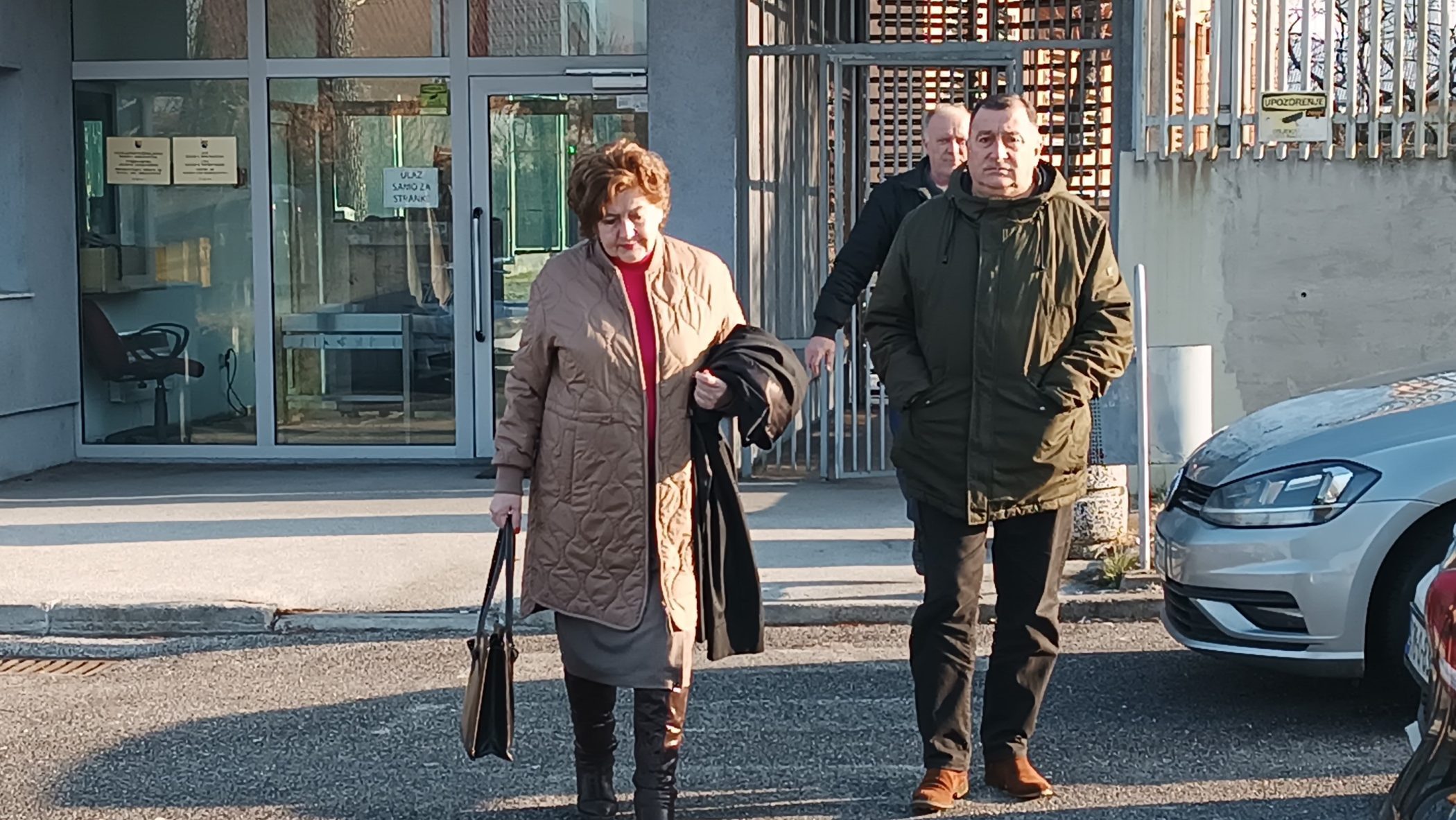This post is also available in: Bosnian
Nihad Bojadzic, the former deputy commander of the Zulfikar Squad of the Bosnian Army, has been charged with the sexual abuse and rape of Croats held in The Battle of Neretva museum in Jablanica and the Rogica Houses in Donja Jablanica during the second half of 1993. He is also charged with committing other crimes in Jablanica in 1993.
At today’s hearing, defense attorney Vasvija Vidovic presented her closing statement before the trial chamber.
“By reading the indictment, one can get the impression that Bojadzic was the manager of the prison in the museum. We haven’t seen the manager in this courtroom…Bojadzic had no competencies to enter or remove prisoners from the museum,” Vidovic said.
Vidovic pointed out that numerous witnesses said a man named Ismet Dedajic, also known as Dedo, was the manager of the prison in the museum and that he mistreated prisoners.
“Almighty forces have protected Dedajic. At least 20 witnesses described his aggressiveness,” Vidovic said. She denied claims by the prosecution, which said Dedajic was appointed as manager of the prison in September 1993.
According to Vidovic, units belonging to the 44th Brigade of the Bosnian Army guarded the exterior of the Battle of Neretva Museum in Jablanica. She said the military police of the 44th Brigade guarded the interior of the museum, where prisoners were held.
Vidovic described testimony given by witnesses who recounted the obligatory registration of each individual who entered the museum, how prisoners were escorted out of the museum to perform forced labour, and other related events.
“Witness Nusret Siric said nobody could enter the prison or approach any of the prisoners without a written permit from the manager. The prosecution has not offered any documents proving that Bojadzic entered the museum or that he had a permit to do so,” Vidovic said.
She said Bojadzic was in front of the Jablanica museum only twice. She said he was there for the first time in June 1993, when an arrival of refugees was organized, and again in March 1994, at a prisoner exchange.
“Bojadzic was extremely busy at the time. He didn’t have time to deal with the people at the museum,” Vidovic said. She also reminded the trial chamber of evidence related to Bojadzic’s obligations to protect people and vital buildings in the Jablanica area, as well as tasks related to negotiations, exchanges and combat activities.
Vidovic also said that witnesses who testified for the prosecution in relation to events that took place in 1993 described Bojadzic as a thickset and shaved man with a short haircut. According to Vidovic, this contradicted photos of the defendant taken during that period of time, as well as testimony given by defense witnesses.
“I believe that all those who said Bojadzic was a thickset man at that time were actually indoctrinated by his present appearance…At that time he was visibly skinnier, he had a beard, which was rather notable, and extremely long hair. The witnesses either described somebody else or didn’t tell the truth,” Vidovic said.
Vidovic said the indictments against her client were imprecise, unclear and didn’t describe the status of the injured parties. She also said the timing of the alleged crimes was unspecified.
“The prosecution has had 20 years to specify those things,” Vidovic said, claiming that the defendant was thus unfairly burdened and prevented from being given an adequate defense. She said the fact that Nihad Bojadzic faced two different trials for war crimes at the state court at the same time contributed to this burden.
“We proposed a long time ago that the Trusina case be joined with this one and that a unified proceeding be conducted. Two cases for grave crimes have led to the defendant’s mental exhaustion…We are now writing an appeal against the verdict in the Trusina case and presenting a closing statement at this trial at the same time,” Vidovic said, pointing to court practices used by international courts in similar cases.
In September 2015, a first instance verdict in a separate case sentenced Bojadzic to 15 years in prison for the murder of Croats in the village of Trusina, near Konjic, in April 1993.
The defense will continue presenting its closing statement on February 4.


